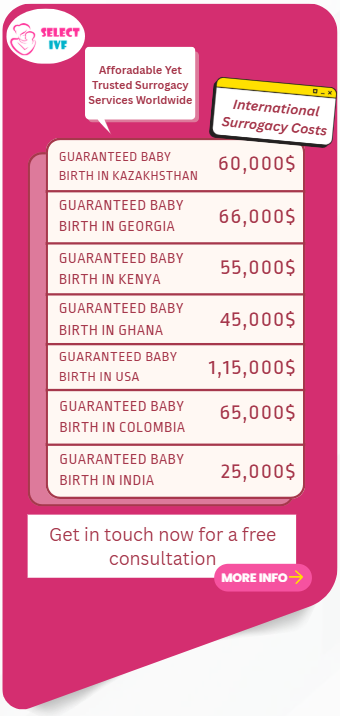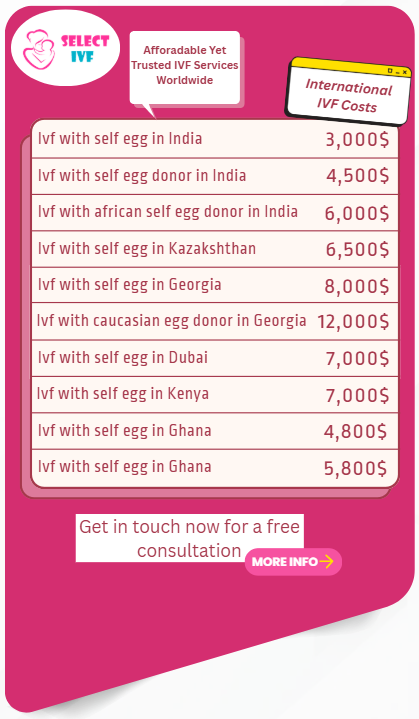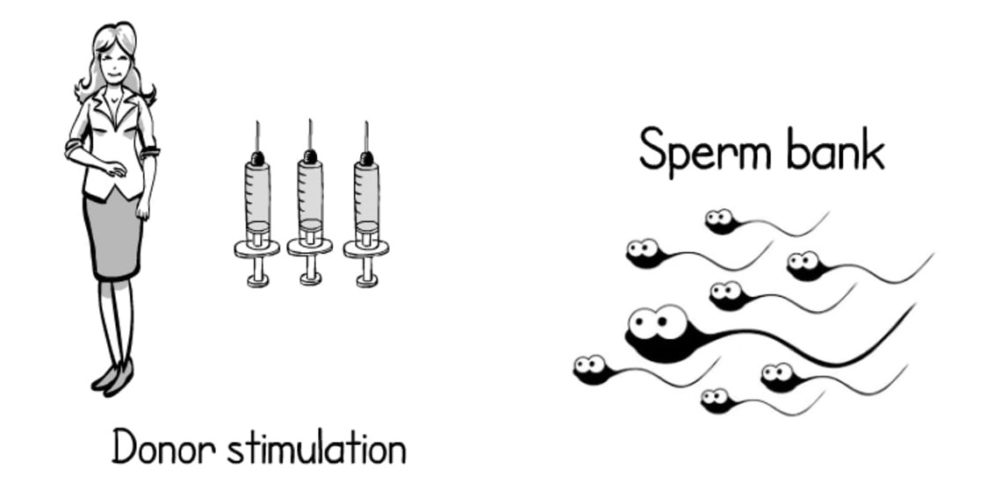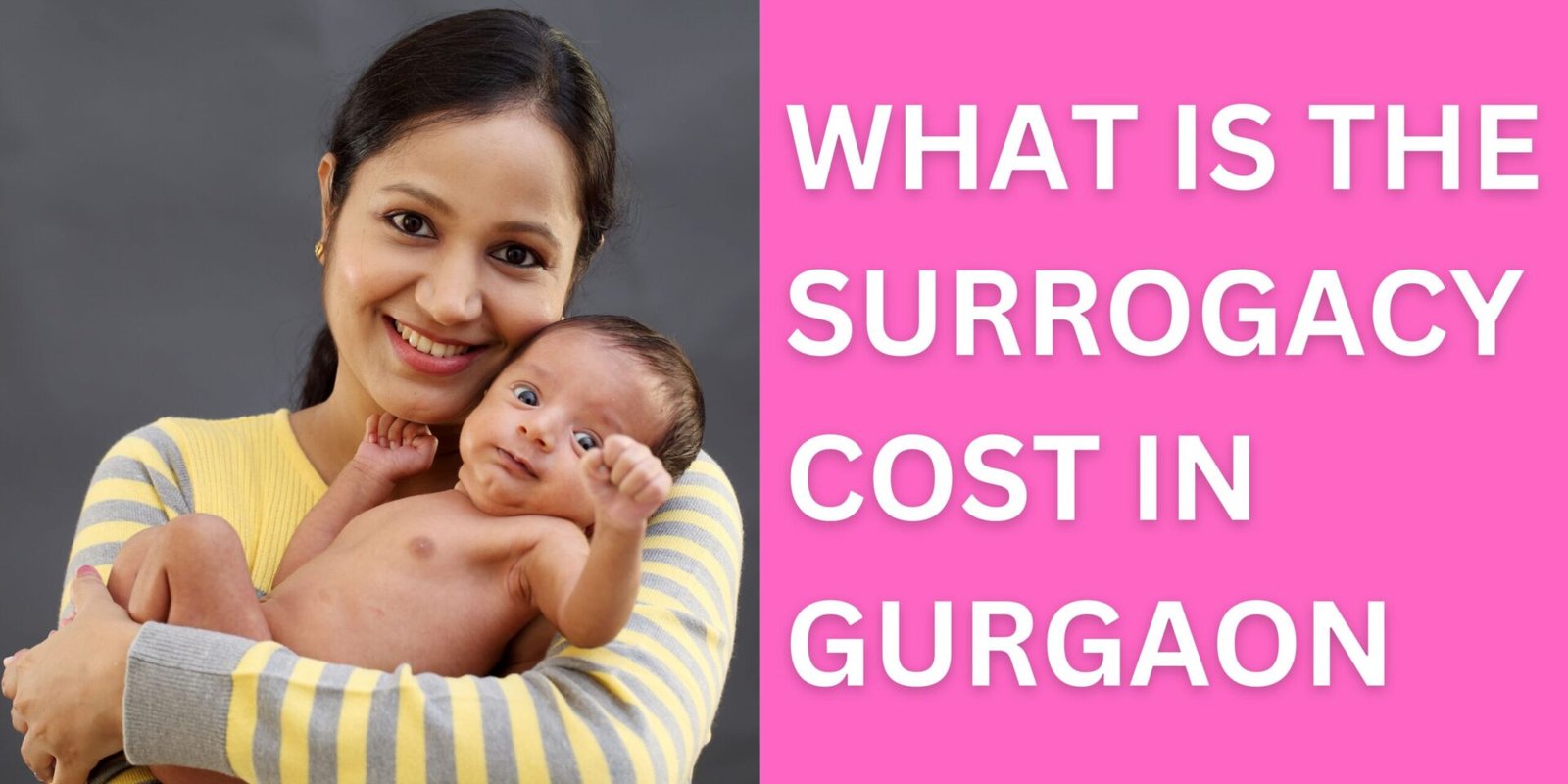For couples facing challenges in conceiving, In Vitro Fertilization (IVF) is one of the most advanced and effective fertility treatments available today. However, the cost of IVF can vary significantly based on location, clinic reputation, treatment specifics, and any additional services needed. If you’re considering IVF, understanding the factors that influence IVF Cost can help you make informed decisions about your treatment options. In this article, we’ll provide an in-depth look into the various components that affect the cost of IVF and tips on how to manage expenses wisely.
What is IVF?
In Vitro Fertilization, or IVF, is a process where an egg and sperm are combined in a lab to create an embryo, which is then implanted in the uterus. IVF is often chosen by couples facing fertility issues such as blocked fallopian tubes, endometriosis, low sperm count, or unexplained infertility. IVF success rates have improved over the years, making it a preferred solution for many couples aiming to achieve their dream of parenthood.
Average IVF Cost
The cost of a single IVF cycle can vary widely, often ranging from ₹1,50,000 to ₹3,00,000 in India. It’s essential to note that this is an average cost and may not include additional expenses associated with certain procedures, medications, or diagnostic tests. Furthermore, it’s common for couples to undergo multiple cycles of IVF, depending on their unique circumstances and success rate in each cycle. For example, Select IVF offers competitive IVF packages that include a range of services aimed at maximizing the chances of successful conception while keeping expenses manageable.
Select IVF For The Successful IVF Treatment In India
IVF Cost in India is exceptionally best in class and Select IVF Clinic New Delhi gives IVF Treatment to each couple with world’s best hormonal prescriptions, most recent innovation and a group of very much qualified MD Doctors who have voyage abroad widely for involvement in troublesome instances of infertility treatment for females and guys.
We survey each case for infertility treatment top to bottom and give every couple an individual way to deal with infertility treatment to get the most ideal results and our prosperity rates of best IVF in India. IVF Treatment is additionally called as Test Tube Baby in India.
What Is The Meaning Of IVF Treatment?
IVF is a strategy for the helped proliferation when a man’s sperm and the lady’s eggs are joined in a research center dish where treatment happens, the subsequent fetus gets then moved to the ladies’ uterus to embed and create pregnancy normally. Fundamentally, 2 or 3 three embryonic are put in the uterus of the lady at one time. In the entire methodology of IVF treatment In vitro preparation (IVF) actually signifies ‘preparation in glass’ giving us the well known term ‘unnaturally conceived child’.
Amid the IVF procedure, eggs are expelled from the ovaries and prepared with sperm in the research facility. The treated egg (developing life) is later set in the lady’s womb.

Is IVF for me?
Select IVF Clinic, New Delhi, India may recommend IVF as your best treatment option if:
- You have been diagnosed with unexplained infertility
- Your fallopian tubes are blocked
- You have been unsuccessful with other techniques like using fertility drugs or intrauterine insemination (IUI)
- There is a minor degree of male subfertility – more severe problems are treated with intra-cytoplasmic sperm injection (ICSI).
What Is The Process To Perform IVF Treatment?
IVF techniques can differ from clinic to clinic, often depending on your individual circumstances.
A typical IVF treatment may involve:
For women:
Step 1. Suppressing the natural monthly hormone cycle
As a first step of the IVF process you may be given a drug to suppress your natural cycle.
Treatment is given either as a daily injection (which is normally self-administered unless you are not able to do this yourself) or a nasal spray. This continues for about two weeks.
Step 2. Boosting the egg supply
After the natural cycle is suppressed you are given a fertility hormone called FSH (or Follicle Stimulating Hormone). This is usually taken as a daily injection for around 12 days.
This hormone will increase the number of eggs you produce – meaning that more eggs can be fertilised. With more fertilised eggs, the clinic has a greater choice of embryos to use in your treatment.
Step 3. Checking on progress
Throughout the drug treatment, the clinic will monitor your progress. This is done by vaginal ultrasound scans and, possibly, blood tests. 34–38 hours before your eggs are due to be collected you have a hormone injection to help your eggs mature.
Step 4. Collecting the eggs
In the IVF process eggs are usually collected by ultrasound guidance under sedation. This involves a needle being inserted into the scanning probe and into each ovary.
The eggs are, in turn, collected through the needle.
Cramping and a small amount of vaginal bleeding can occur after the procedure.
Step 5. Fertilising the eggs
Your eggs are mixed with your partner’s or the donor’s sperm and cultured in the laboratory for 16–20 hours. They are then checked to see if any have fertilised.
Those that have been fertilised (now called embryos) are grown in the laboratory incubator for another one – two days before being checked again. The best one or two embryos will then be chosen for transfer.

After egg collection, you are given medication to help prepare the lining of the womb for embryo transfer.
Step 6. Embryo transfer
Three or Four embryos can be transferred. If you are 40, or over, a maximum of four can be used.
The number of embryos is restricted because of the risks associated with multiple births. Remaining embryos may be frozen for future IVF attempts, if they are suitable.
Select IVF’s Comprehensive IVF Packages
Select IVF aims to make IVF treatment accessible by offering tailored IVF packages that consider various individual needs. These packages cover all essential components, from initial consultations to embryo transfer, helping couples achieve cost-effective and transparent IVF treatment. Additionally, Select IVF has partnerships with financing options, making it easier for patients to manage their budget without compromising on care quality.
Cost-Saving Tips for IVF
Since IVF can be financially demanding, here are some strategies to help manage costs:
1. Choose the Right Package and Financing Option
- Opt for a package that covers all essential steps in the IVF cycle. Select IVF offers various package options, which include necessary procedures, medications, and consultations.
2. Opt for Embryo Freezing in Initial Cycles
- If you’re concerned about future expenses, freezing embryos from the first successful cycle can be a cost-effective option. This may reduce the need for another complete IVF cycle if you wish to have more children in the future.
3. Look for Insurance Coverage or Financial Assistance
- Some insurance policies may cover part of the IVF cost. Investigate if your insurance offers any assistance, or explore financial assistance programs specifically designed for fertility treatments.
4. Consider Genetic Testing Carefully
- While genetic testing can improve success rates by selecting the healthiest embryos, it can also add to the cost. Evaluate the need for PGT or other advanced techniques based on your unique health circumstances and after discussing it thoroughly with your fertility specialist.
5. Discuss Bulk Medication Purchases
- Medications are a significant part of IVF costs. In some cases, buying in bulk or opting for generic medications can help save money. Always consult your fertility doctor before making any changes to your prescribed medication plan.
For Men:
Step 1. Collecting sperm
Around the time your partner’s eggs are collected, you are asked to produce a fresh sample of sperm.
This is stored for a short time before the sperm are washed and spun at a high speed. This is so the healthiest and most active sperm can be selected.
If you are using donated sperm, it is removed from frozen storage, thawed and prepared in the same way.
Conclusion
While IVF Cost is a significant investment, both emotionally and financially, it remains one of the most effective fertility treatments available. By understanding the costs involved and exploring comprehensive packages, couples can make informed decisions that align with their goals and budget. Select IVF provides transparent, supportive, and affordable IVF options tailored to individual needs, helping couples on their journey to parenthood.
With a comprehensive approach, emotional support, and personalized care, Select IVF remains a trusted partner for those embarking on the journey to parenthood.
FAQs About IVF Cost
1. What is the average cost of a single IVF cycle in India?
The cost of a single IVF cycle in India typically ranges from ₹1,50,000 to ₹3,00,000. This range can vary based on factors such as clinic reputation, location, medications, and any additional procedures required for successful treatment.
2. Are there any additional costs associated with IVF beyond the base cycle price?
Yes, certain additional procedures like Intracytoplasmic Sperm Injection (ICSI), Preimplantation Genetic Testing (PGT), embryo freezing, and specific medications can increase the total IVF cost. These optional services may add anywhere from ₹20,000 to ₹50,000 or more, depending on the specific requirements of each case.
3. Does insurance cover any portion of IVF costs?
In India, most insurance plans do not cover IVF treatment, but it’s a good idea to check with your provider for any infertility-related benefits. Some clinics, like Select IVF, may offer financing options or payment plans to help manage the overall cost of treatment.
Read Also:









